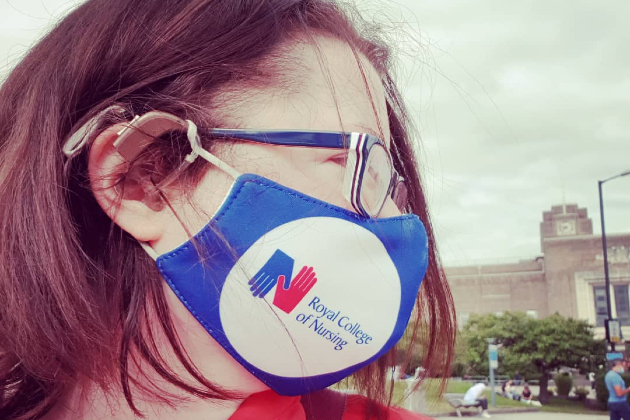When you think of nursing and politics, what springs to mind?
Maybe it’s nursing pay? Certainly you can’t have missed it. Or maybe you think about health policy and how that might have an impact on your working day, or your patients and the care you can give them?
Perhaps you think of safe staffing levels and retention? Mandated vaccines for health care workers? COVID policies? Maybe mandated hours spring to mind or placement availability. Or student funding?
Indeed, these are all things which can have an impact on the lives of nursing staff, and sometimes, consequently, on the lives of our patients. But they are also just the obvious ways that politics has an impact on nursing.
Wanting the best
When you’re a nurse, you want what’s best for your patients. Part of your job is to advocate for that.
With the NHS, health care is free for all at the point of access. It doesn’t matter if you’re unemployed, or a child, if you work a 40-hour week, if you’re a CEO or a minimum wage worker, if you drive a Porsche or catch the bus, you should get the same treatment, right?
When you're a nurse you want what's best for your patients
Unfortunately, in reality this isn’t always true. Numerous studies have shown poorer health outcomes for different groups of people.
People from minority ethnic backgrounds tend to have poorer health outcomes. So do people living with low socio-economic status. As do those people who have learning disabilities or mental health conditions – beyond that of the physical illnesses that may be a part of their conditions.
And it is also true of patients who identify as LGBTQ+.
Access, experience and outcomes can be influenced by where people live in the country – not just how close they are to a hospital or how many GPs there are – but in less noticeable ways too.
Health inequalities
It’s important that we understand the causes and impacts of health inequalities so we can do what’s in our power to help our patients. While so much is systemic, often, the factors affecting inequalities can be changed.
Can we support our patients to make changes which will positively affect their health, such as quitting smoking, or exercising more? And can we tailor this to their individual circumstances?
Let’s take someone with depression who came to hospital with diabetes. Let's say they are overweight, they do little exercise, they frequently miss their insulin dose.
If we just give them advice to exercise, eat better, and take their insulin, are they going to do this? Maybe. But it’s also possible that their depression is having an impact on their eating and exercise behaviours, and their ability to look after themselves.
For this person we might want to add in work with a therapist, or maybe they can visit a day centre where they’ll get help to make sure they take their insulin and receive mental health support. This is also political because the government might have cut funding for mental health services. Maybe they’ve cut funding for exercise programmes too.
We have the knowledge, the skills, the lived experience
Can we do something on a larger scale? Political decisions about the focus and scale of funding of public services has meant that often services which can help people have been cut back, meaning that the patients who really need the help may no longer be getting it.
There are also issues to do with housing, the cost of living and access to healthy food.
Nursing staff and students can help with these things through the way we tailor care, and through signposting, and outreach initiatives, but resolving socioeconomic determinants of health doesn’t stop with us. It’s not “just” a nursing issue, it’s political.
And that’s why all nursing staff should be political. We have the knowledge, the expertise, the lived experience – we see how health inequalities affect our patients. We can make our voices heard. Sign petitions. Write to MPs.
When we think about what is best for our patients, does that stop when they are discharged, or do we want it to continue?
Let’s stand for that change.
We are the future of nursing.

Get involved
Use your voice to demand change for nursing. Get involved with the RCN’s campaigning work








